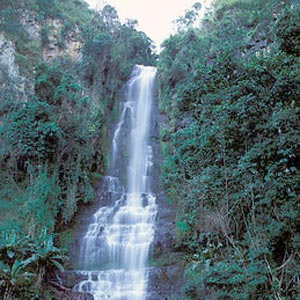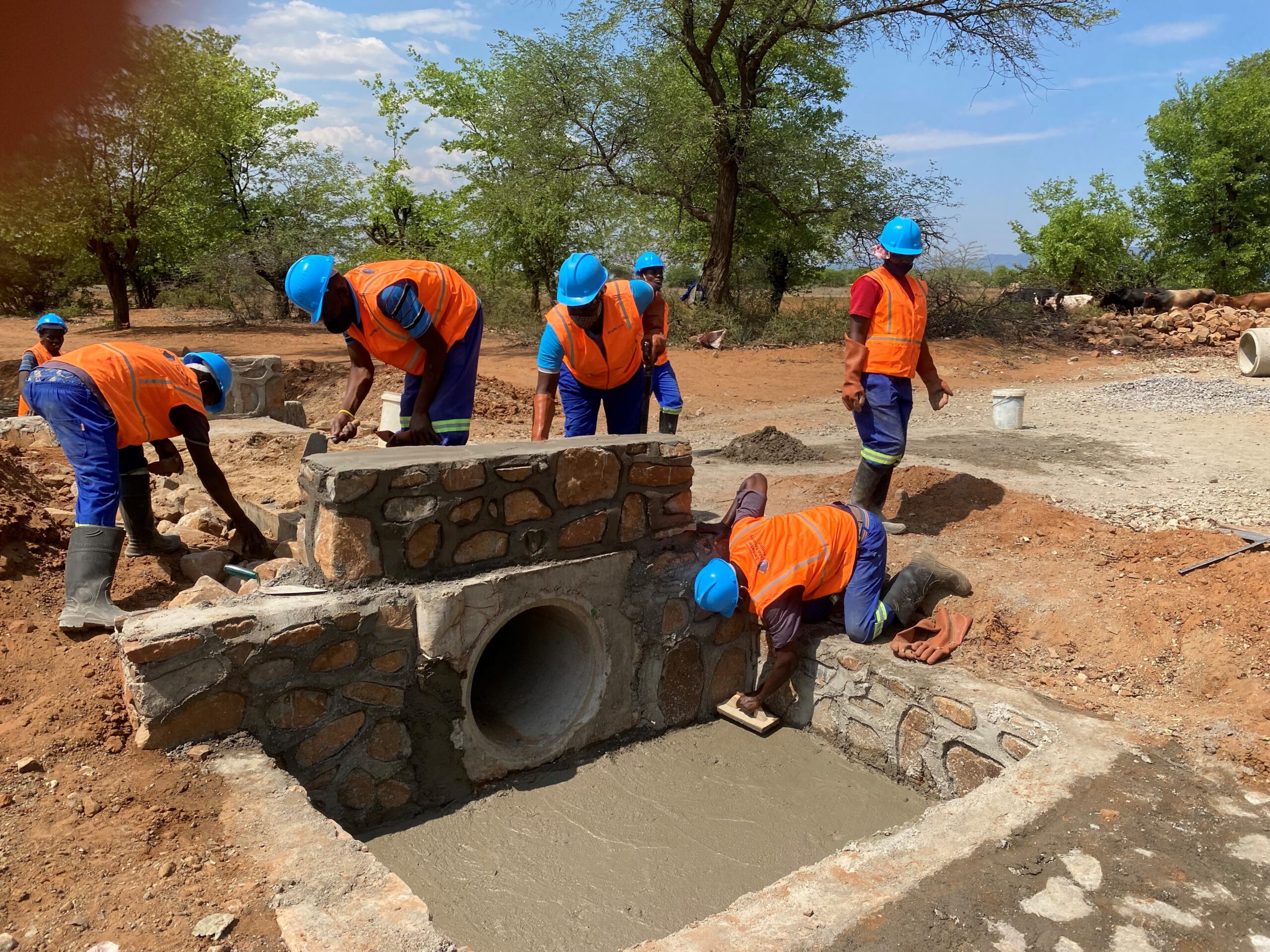
RESIDENTS of Nyanga’s Rochdale area are drawing water from a nearby mountain due to poor supply of treated water in the town.
REPORT BY JENNIFER DUBE
Many households and businesses, including hotels, are using watering pipes to draw the free water to their properties. They are convinced the water is safer to drink than what they get from the council.
“We get our water from the mountain,” Felistas Nyabando said. “People from the community dug a trench from the mountain foot and we use horse pipes to bring water which collects in the trench to our homes.
“No one lives near the mountain, so the water is cleaner than council water and we use it for everything including drinking, cooking, washing and watering our gardens.”
Other locals explained that the community of white people which lived in the area in the past also drew water from the weir but used it for gardening purposes.
They said that when they moved into the area in the 1990s, they also used the water for gardening purposes but intermittent water supplies, which worsened recently, forced some to start using the water for consumption.
Many residents from Rochdale, which mostly comprises accommodation facilities, were on Tuesday found at one of the shops in the city registering for connection to the tank and paying the US$30 for its rehabilitation.
- Chamisa under fire over US$120K donation
- Mavhunga puts DeMbare into Chibuku quarterfinals
- Pension funds bet on Cabora Bassa oilfields
- Councils defy govt fire tender directive
Keep Reading
The shop owner, Zaccheaus Bangwayo, who represents the business sector in the Nyanga town council and is also chairperson of the committee spearheading the reconstruction of the reservoir, said about 200 people lived in Rochdale.
“There was now too much competition for the water, with others destroying other people’s pipes, hence the decision to rehabilitate the reservoir which has a capacity of 20 000 cubic litres,” he said.
“We want to ensure that everyone who wants to be connected uses the same pipe instead of the current situation whereby others are using big pipes and drawing too much water than they need to use.”
Bangwayo said both the council and the committee he leads discouraged consumption of the water.
“We recently found out that a leading hotel in the area, had connected the water to its system and was not warning guests that it was untreated water,” he said.
“We advised them to drill boreholes although they are yet to do so because although Nyanga naturally has clean water and only wild animals go to the weir, the water is not 100% clean and thus should not be used in its raw state.”
Bangwayo said Nyanga town, with about 4 000 residents, had grown too big for the water infrastructure which was previously for a small community, that such new settlements as Nyangani Park are taking too long to be connected to the town’s water system.
Council water supplies unreliable Residents said the small town could go for more than a week without tap water, making the weir the only reliable source.
“Some use the water for drinking although that is not advisable,” Mary Dambanemuya said. “People feel the water is clean since the place where we connect our pipes to is about a kilometre away from residential areas, but my family only uses it for gardening.”
So serious are water challenges in the small town that some who do not have adequate money for buying pipes that can stretch to the weir were now vandalising the pipes of those who are connected in attempts to divert water to their houses.
The residents have since started mobilising resources to rehabilitate an old reservoir which was abandoned in the 1960s to improve their access to the weir water.
Each resident is required to pay US$30 for the rehabilitation of the tank.











